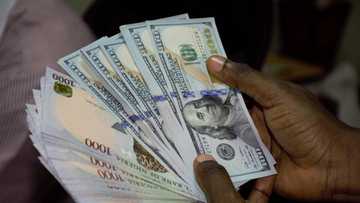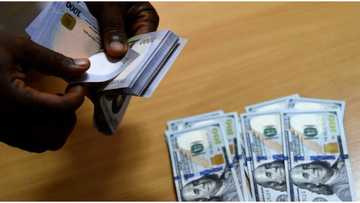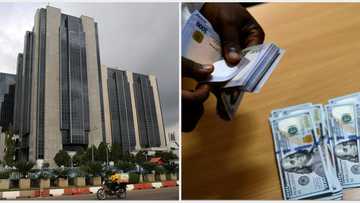Rise in FG Debt, Forex Inflows and 8 Other Implications of CBN's Naira Exchange Rates Unification
- The CBN has decided to unify the multiple naira exchange rates that exist in Nigeria
- The apex bank hopes to stabilise the exchange rate, regulate the forex market and attract foreign investors
- Experts, however, argue that though a good development, the unification of the naira has its implications and risks
The Central Bank of Nigeria(CBN) has announced moves to float the Naira, a policy that will eventually unify the multiple exchange rates that exist in the nation.
This is coming just two weeks after President Bola Tinubu declared in his inaugural speech on Monday, May 29, 2023, his administration’s intention to unify the exchange rates.
For many years, Nigeria has operated multiple exchange rates, particularly the official bank rate and the parallel market rate.
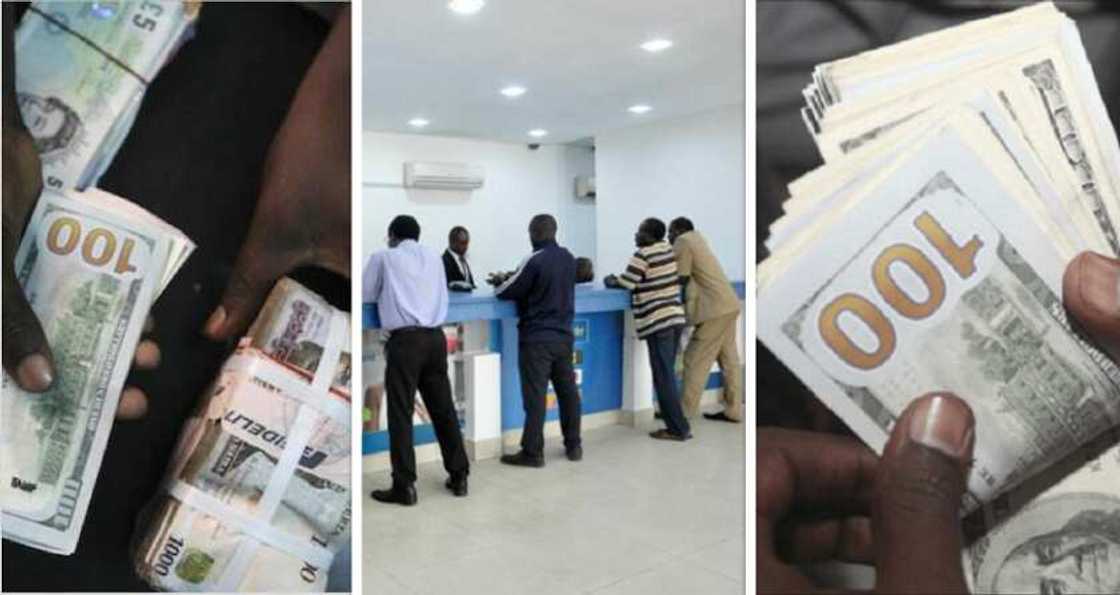
Source: UGC
In the recent development, the CBN has reintroduced the "willing buyer, willing seller" model at the Investors and Exporters (I&E) window.
PAY ATTENTION: Join Legit.ng Telegram channel! Never miss important updates!
Under the recent modifications, the exchange rate will be determined via the Investors and Exporters (I&E) window, which will serve as the platform for conducting transactions.
As part of the latest measures to consolidate the exchange rate windows, the CBN has terminated the subsidisation of foreign exchange through the RT200 program and the Naira4Dollar remittance scheme.
Expert speaks on implications as CBN unifies naira exchange rates
The concept of unifying the naira has remained a topic of discussion, generating differing opinions among experts who acknowledge that it carries both potential benefits and risks.
By adopting market-determined rates in the official forex market, the Nigerian naira has effectively eliminated a notable market distortion.
Consequently, this development is anticipated to bring about a range of consequences, encompassing both favourable and unfavourable aspects.
Taiwo Oyedele, a fiscal policy partner and African tax leader at PricewaterhouseCoopers (PwC), details some of the impacts of the Naira exchange rates unification.
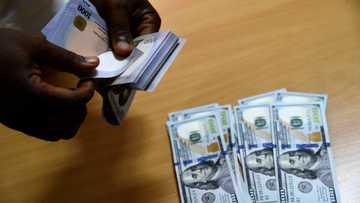
Read also
Naira makes slight recovery after exchanging at N815 against dollar at official forex market
1. Significant rise in government debt in naira terms by about N12 trillion to N90 trillion i.e. external debt of $42bn will increase by the difference between the old and new rates.
2. As a result of the above, debt to GDP ratio will increase by about 5%.
3. There will be a corresponding increase in debt service cost with respect to foreign debt service.
4. Government’s revenue will increase in naira terms resulting in a higher tax/revenue to GDP ratio. Corporate tax collection may however decline as many businesses crystallize forex losses due to the higher exchange rate.
5. Possible reduction in budget deficit if government’s forex revenue exceeds foreign currency obligations, an increase in budget deficit will arise if otherwise.
6. Possible impact on the pump price of petrol which could inch closer to the current pump price of diesel.
7. There should be some cost savings as government discontinues with the various FX interventions e.g. Naira4Dollar, RT200 etc which cost tens of billions of naira.
8. The country will attract FX inflows especially from portfolio investors, FDI and exporters proceeds. Impact on diaspora remittances would be marginal.
9. The capital market will benefit as it is likely to appreciate further as foreign investors take position.
10. There should be negligible impact on the general prices of goods and services as products already factored in parallel market rates to a large extent.
More work cut out for CBN, FG to stabilise the Naira
Oyedele expressed that even though this represents a beneficial step overall, it is crucial for the government to effectively handle the dynamics involved in order to regain trust.
Addressing the existing backlog of forex demands is essential, and the government should be prepared to provide foreign exchange to stabilize the exchange rate in the immediate future.
Furthermore, Oyedele recommends the easing of capital controls and reduction of administrative obstacles, including the lifting of the ban on items prohibited for foreign exchange and implementing higher import duties.
Additionally, he said that eliminating the requirement for a certificate of capital importation should be considered. These measures, he added, aim to prevent the parallel market rate from drifting even further apart from the official market rate.
The tax expert advised the government to cease the requirement for specific taxes and levies to be paid in foreign currency, as it generates unnecessary demand for foreign exchange without contributing to its supply.
He also said that the overall demand for foreign exchange across various markets is expected to decrease due to the elimination of round-tripping incentives. This includes instances where individuals falsely claim foreign travels in order to obtain foreign exchange at discounted rates.
Additionally, if accompanied by appropriate fiscal and monetary policies, Nigeria's sovereign credit rating is likely to enhance, leading to increased foreign exchange inflows and reduced borrowing costs.
Reacting to the CBN's unification of the naira exchange rate, Samson Adebanjo, Operations Manager at Kobaka Manufacturing, a Lagos-based export-driven company, said that importers and exporters will benefit from the policy move.
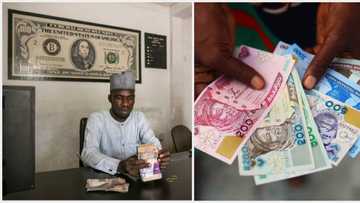
Read also
Naira bounces back as dollar exchanges same rate in official and black markets first time in 8 years
He said:
Multiple exchange rate has always been a problem for those of us who are importing and exporting. There usually is confusion in the rate by which to project prices of goods. With the unification through the I&E Window, it would be easy to do your mathematics without any surprises.
CBN announces operating hours for forex transactions
In related news, Legit.ng reported that commercial banks have been instructed by the CBN to conduct foreign exchange transactions within the designated operating hours of 9 am to 4 pm.
The CBN officially announced this adjustment, along with other operational modifications to the foreign exchange market, through a statement released on Wednesday, June 14, 2023.
Angela Sere-Ejembi, the CBN's director of Financial Markets, signed the statement.
However, due to the recent decision granting buyers and sellers the freedom to negotiate rates independently, these initiatives have become obsolete.
Source: Legit.ng


